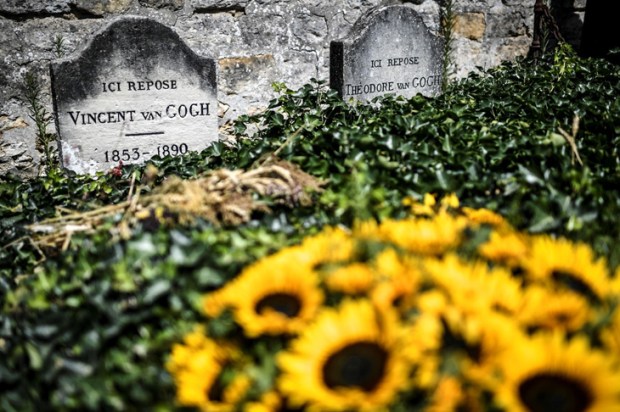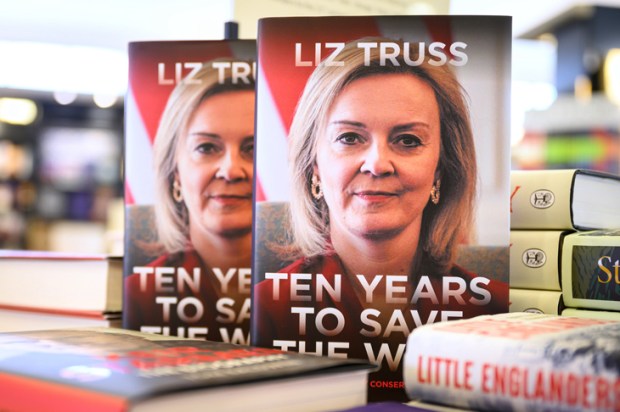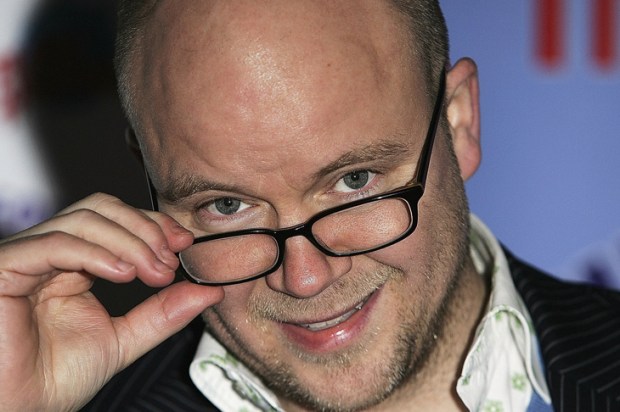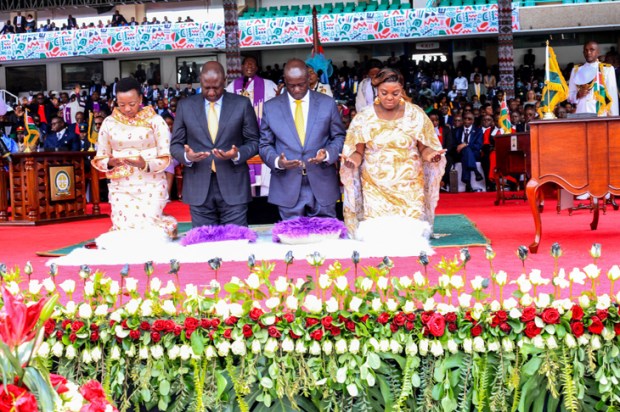I hate first-person journalism, always have. In my early – olden – days as a copy boy with News’ Daily and Sunday Mirror and as a cadet at Fairfax’s the Sydney Morning Herald I was accustomed to only a handful of journalists having by-lines, even fewer having columns and only those posted on remote assignments using ‘I’ in copy. Now, not just on social media and among ‘citizen journalists’ but also in newspapers, it is common to see the first-person singular pronoun start an article and be liberally salted through the remaining text with little other excuse than ‘I think’. It seems in modern journalism it is permissible to simply say: ‘I think therefore I write’.
Having emerged from another Canberra Parliamentary winter recess – the 26th on the trot in the Press Gallery – it seems there is more use of the vertical pronoun than ever before and no attempt to tie the musings to some informed judgment, slightly impersonal analysis or, God forbid, actually report and record what others say about an issue. (I remember my former boss at the Herald the late Peter Bowers always saying that the best political commentary contained news and the legendary curmudgeon Alan Ramsey was always prepared to use his column acreage to report the words of others, unedited, instead of expressing his own opinion.)
First-person journalism is now ubiquitous in live news reports on television and radio, spread through social media and websites complete with selfies, talking heads and instantaneous I-thinks. In this atmosphere, hours of online coverage can be dedicated to interpretations and personal reactions to weighty matters such as Bill Shorten not knowing the difference between a 7-Eleven store and Subway food outlet or whether Tony Abbott had upset the Jews by likening the Islamic State ‘death cult’ to the Nazis. The latter point occupied about ten minutes of a four-person panel on the ABC’s Drum complete with requests for personal reactions and a conclusion that the Prime Minister was helping Isis. Once the silly season occurred at Christmas but now it extends at any time when Parliament is not sitting.
For my own sins I helped fill this non-sitting void with a non-political first-person piece that has gone some way to shifting my opinion on the worth of a personal revelation. At the depth of the Canberra Parliamentary winter I revealed in the Australian that I was a ‘stroke survivor’. I had waited three years before making it publicly known that I had walked into the living room of our south coast holiday home one Sunday morning and couldn’t remember why I was there or how I got there. As well as a blinding pain in my brain I had had a memory loss. My Transient Ischaemic Attack, or mini-stroke, left no lasting physical damage, I recovered my memory but for 15 minutes or so, and, anxious to keep working in a highly competitive atmosphere, I decided to keep as quiet as possible and resumed work as soon as I could. I feared people would assume a stroke meant I couldn’t continue in my job, and knew people for whom a stroke destroyed their working life or undermined the confidence of others. Three years on I agreed to talk about my experience for the Stroke Foundation’s awareness campaign and spoke to Parliamentary Friends of Stroke (they’re actually against it but MPs attach themselves to causes by becoming Friends of something) before the winter recess. In defence of not speaking out for fear of jeopardising my career, I used the late Brian Harradine’s example of keeping secret multiple strokes, including during the Wik debate on the floor of the Senate, as a precedent. It is a fact that stress and long hours all add to the chances of a more serious stroke occurring.
Under pressure from a persistent wife who felt my address needed a wider audience my reluctance to do intensely personal pieces folded and it was published. The immediate reaction caught me unawares. Hundreds of readers contacted me, senior politicians rang to check everything was OK and my media peers, from all over, sent notes of encouragement and praise. The suggestion that I did not speak about my event to preserve my career had strong responses from colleagues ranging from the view they thought it was sad I would think it necessary to hide such an incident to those with perfect sympathy. Indeed, one long-term colleague quietly sidled up to me to say he admired what I had done for stroke victims and then confided he’d had the same experience and not told anyone. I became a bit of a father confessor in that regard with revelations to me deeply off-the-record of two serving politicians who likewise had episodes but remained silent and continue to work.
My old friend, Jennifer Hewett, who stood with me at the Journalism School of Columbia University in the late 1970s against first-person journalism as we succumbed to the inescapable suspended intro, was one who thought it strange I would keep the incident quiet for fear of retribution or stigma. Yet those who still keep their secret agree with me. What’s more since that piece in our Life section, apart from the wholly positive reaction from so many readers, there is, note, a slightly shifted tone from some of the inveterate commentators on the Oz’s website. Just occasionally I’m now asked if ‘I’m feeling all right?’ and I can’t help wondering – maybe it’s time to think about giving it all up.
Perhaps, a long winter break and a revealing first-person piece did some good for stroke awareness and even changed my mind on first-person journalism ; but I’m still reluctant and don’t think there’s much room for instant vertical pronoun pronouncements. Anyway, that’s what I think. I with a capital I.
Got something to add? Join the discussion and comment below.
You might disagree with half of it, but you’ll enjoy reading all of it. Try your first month for free, then just $2 a week for the remainder of your first year.












